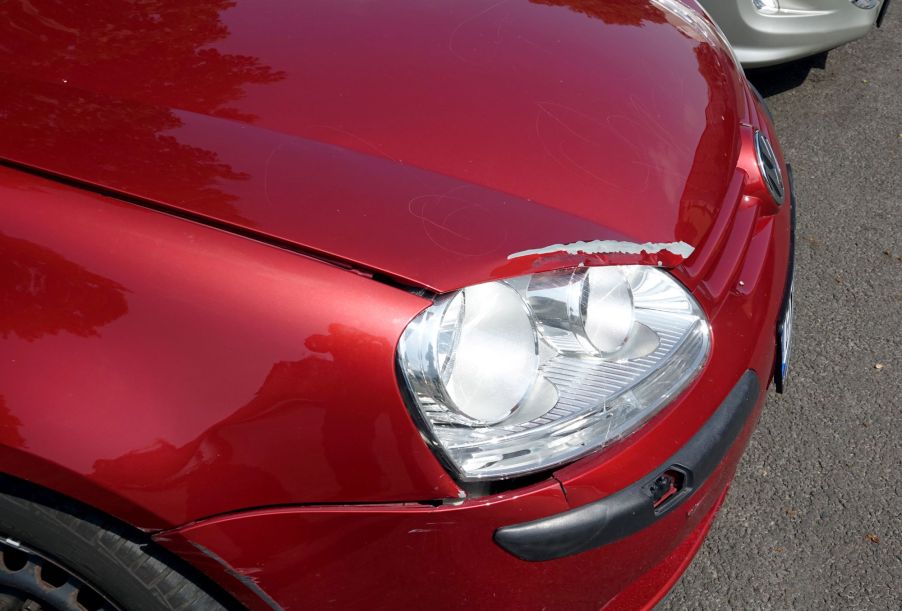
How Reliable Is a Carfax Report?
Car shopping can be a tricky business, especially when you’re looking at used vehicles. It’s often hard to know exactly what you’re getting with a used car, even when purchasing from a business you trust. That’s where a vehicle history report comes into play. With a vehicle history report such as Carfax, you’ll have a better idea of a car’s repair history, as well as any hints of trouble with the title. However, how trustworthy and reliable is a Carfax report? Perhaps not to the extent that we’d like. It’s important to keep in mind that while a Carfax report can be helpful, it will never give us the whole story.
What is Carfax?

When you’re thinking about buying a used car from a dealer, there’s a good chance you’ll be offered a Carfax report. The dealer may offer the report as a way to allow you to see the car’s maintenance and accident history and to convince you that the car’s a safe bet.
Carfax keeps track of records for more than six billion vehicles. It bases its records on a car’s Vehicle Identification Number or VIN. As NC Consumer explains, the company keeps track of all sorts of information on the vehicle, including owner history, accident history, repair history, and fleet use, among other things.
When you enter the vehicle’s VIN, Carfax brings up its history based on various sources. These include various motor vehicle bureaus across the U.S. and Canada, auto auctions, mechanics, rental companies, state inspectors, public safety officials, manufacturers, and more.
Sounds pretty comprehensive, right? It’s certainly a lot of data. However, the question isn’t so much whether you can trust that the information in a Carfax report is true. The real question is whether or not it tells the whole story.
Is Carfax reliable?
So, now that we’re clear on what Carfax is, let’s move on to what’s likely your next question. Can I trust Carfax? The answer is yes, but only up to a point. As we mentioned, the problem isn’t necessarily that the information contained in a Carfax report is likely to be inaccurate. Rather, the issue comes down to completeness.
To put it simply, there’s no way to be sure that what you see in a Carfax report tells the entire story. As Money Talks News reminds us, if a car has been in a wreck that isn’t reported to police, that history will be unlikely to show up on a vehicle history report. Additionally, if someone made repairs on their own, or if their mechanic didn’t report the repairs, then that will also be left out of the Carfax history.
What are some alternative vehicle reports?
While Carfax can be a good place to start, to be safe, you’ll want to check the VIN of the vehicle you’re considering purchasing with some other services as well. A few of the more well-known alternatives include AutoCheck, VinAudit, and VINCheck.
At least as important as running the vehicle history, though, is taking the car to a trusted mechanic to get it inspected before you make a purchase. Just as you wouldn’t purchase a home without an inspection, a vehicle inspection can save you headaches down the road by detecting trouble that may not show up on a vehicle history report.
Money Talks News also recommends getting a statement in writing from the dealer that discloses the vehicle’s condition at the time of sale. Sellers should be willing to do this without hesitation. If they’re not, you should seriously consider looking elsewhere for your next vehicle.


